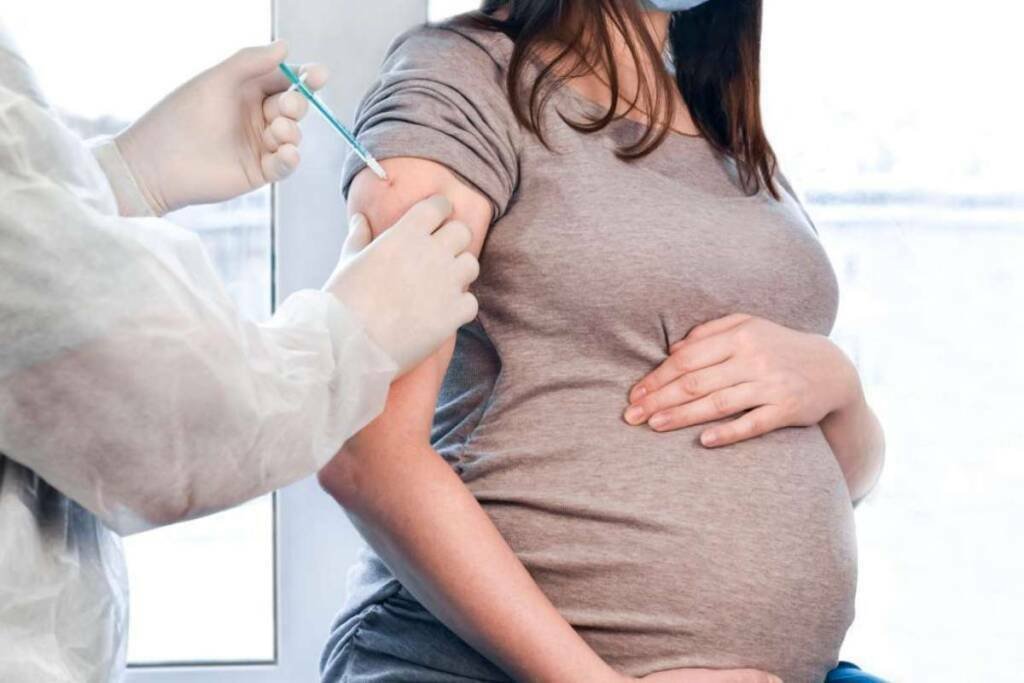Pfizer’s Abrysvo has achieved a groundbreaking milestone by becoming the first vaccine to safeguard newborns against respiratory syncytial virus (RSV) in pregnant women. The FDA has granted approval for Abrysvo, allowing expectant mothers between 32 to 36 weeks of pregnancy to receive the vaccine. This novel approach not only protects pregnant women but extends its shield to infants during their first six months of life.
While Pfizer’s Abrysvo marks a significant advancement, it’s not the initial RSV prophylactic for infants. In a recent development, Sanofi and AstraZeneca secured approval for Beyfortus, catering to infants up to 24 months old. However, Abrysvo goes beyond, offering protection during the crucial prenatal period.
RSV, a prevalent cause of infant hospitalizations, leads to the unfortunate demise of approximately 300 children under 5 years of age annually in the US, according to CDC data.
“Abrysvo’s approval as the first and only maternal immunization to help protect newborns immediately at birth through six months from RSV marks a significant milestone for the scientific community and for public health. We are incredibly grateful to the clinical trial participants and study investigator teams around the world, as well as our Pfizer colleagues, for their commitment to making this vaccine available. Today, a long-sought-after goal to deliver a maternal vaccine that will help protect infants six months of age or younger – when they are at greatest risk of possible serious consequences from RSV – has been achieved.”
– Annaliesa Anderson, Ph.D., Senior Vice President and Chief Scientific Officer, Vaccine Research and Development, Pfizer
The journey to this milestone wasn’t without its challenges for Pfizer. Although Abrysvo exhibited promising efficacy in the second and third trimesters of pregnancy, the FDA advisory committee in May narrowed the usage window to just four weeks due to trial results showing a higher incidence of preterm birth among vaccinated pregnant women.
Notably, Abrysvo boasts another distinction—it’s the first RSV vaccine to receive approval in two distinct demographics. Earlier, Pfizer secured approval for individuals aged 60 and older, following GSK’s groundbreaking nod for Arexvy in the same age group. Both the GSK and Pfizer shots are already available in US pharmacies.
Pfizer’s pursuit of RSV protection doesn’t stop there. Abrysvo is undergoing testing in high-risk children aged 2 to 17, as well as immunocompromised adults aged 18 to 59, who are more susceptible to RSV due to underlying conditions such as asthma, diabetes, and COPD.
In recent weeks, GSK initiated legal action, alleging that Pfizer’s vaccine violates four patents associated with Arexvy.
The RSV season, notorious for hospitalizations, typically spans late fall to winter. This upcoming season will witness multiple new product launches vying for market share in this potentially lucrative field. As Pfizer continues its RSV vaccine journey, the medical landscape is poised for transformative change, promising improved protection for the most vulnerable members of society.





























